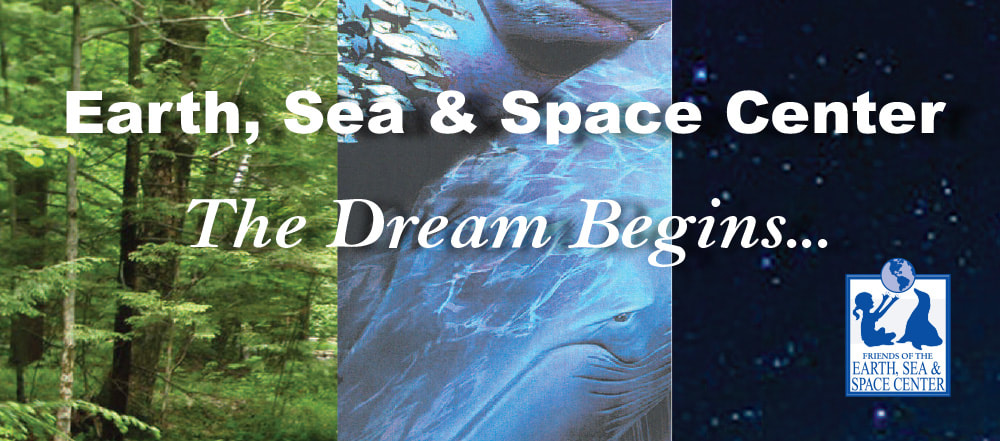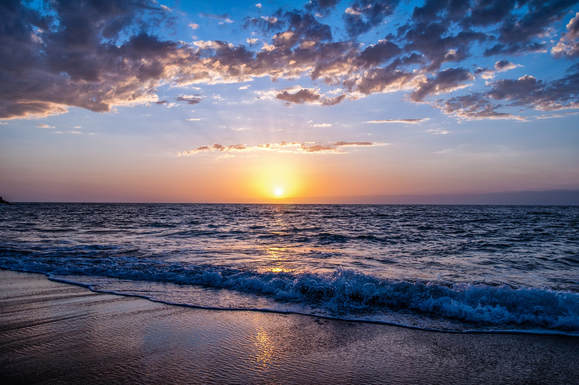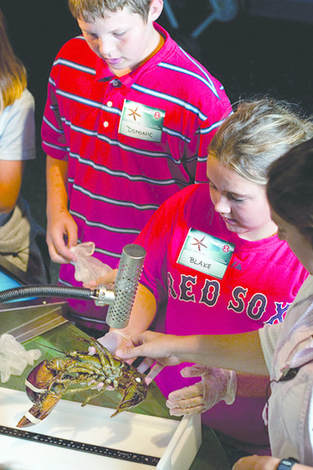A huge thank you to The Fabulous Find
and to all who donated and shopped on our behalf.
April's benefit raised over $9,000
for the Earth, Sea & Space Center!
Thank you for your support!
and to all who donated and shopped on our behalf.
April's benefit raised over $9,000
for the Earth, Sea & Space Center!
Thank you for your support!



